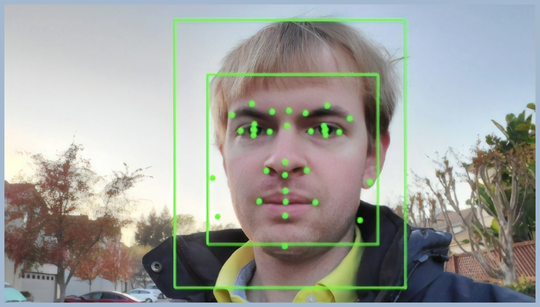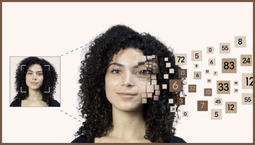The ESRB files request with FTC for photo-based age verification system
The ESRB has filed with the FTC to use a “privacy-protective” facial age estimation system to allow parents to submit a photo of themselves to determine their age and grant permissions to their children accordingly. This would allow children to play M-rated Games without their parents having to worry about whether or not they’re actually over 18. While this sounds like facial recognition, it’s really just a photo-verified age gate similar to showing ID before buying alcohol.
This filing comes after the ESRB received pressure from Superawesome and Yoti, which both provide age and identity verification software to the gaming industry. The ESRB filed a request with the FTC jointly with Yoti and Superawesome on June 2. On June 7, Yoti filed a separate request for approval with the FTC on its own, citing its “privacy by design” philosophy.
In its filing, the ESRB emphasizes that this system does not store or attempt to confirm users’ identities. It also says that the system is unrelated to the ESRB’s age ratings for games, which are used to inform parents about the content of a game.
In the US, it’s technically not illegal for minors to purchase M-rated games. However, under the Children’s Online Protection Act (COPPA), companies that collect personal information from children under 13 must obtain verifiable parental consent.
The ESRB and Yoti’s system aims to provide that verifiable consent by using photos and other information to estimate a parent or guardian’s age. The ESRB says that the system does not determine identity but instead estimates age for COPPA compliance.
The filing says that “no images or data used in the process are stored, used for AI training, marketing, or shared with anyone.” It provides a “Yes” or “No” determination of whether the person is over 25.
There are certainly concerns about this system. It’s not clear whether it will be biased towards people of certain races or nationalities. It’s also unclear how accurate it will be, and how much it will invade our privacy.
In its filing, the ESRB argues that the filing with the FTC was unnecessary, as it’s already authorized to make changes to consent systems as part of the COPPA Safe Harbor program. However, the ESRB says that it chose to obtain approval from the FTC directly due to the newness of the technology.
The proposed system also raises broader questions about the balance between privacy and protecting children. On one hand, the ESRB’s commitment to privacy laws may seem to conflict with the spirit of privacy protection. On the other hand, the proposed system requires parents to allow corporations to take photos in their homes in order to ensure compliance.
You can read the ESRB’s filing here.

















